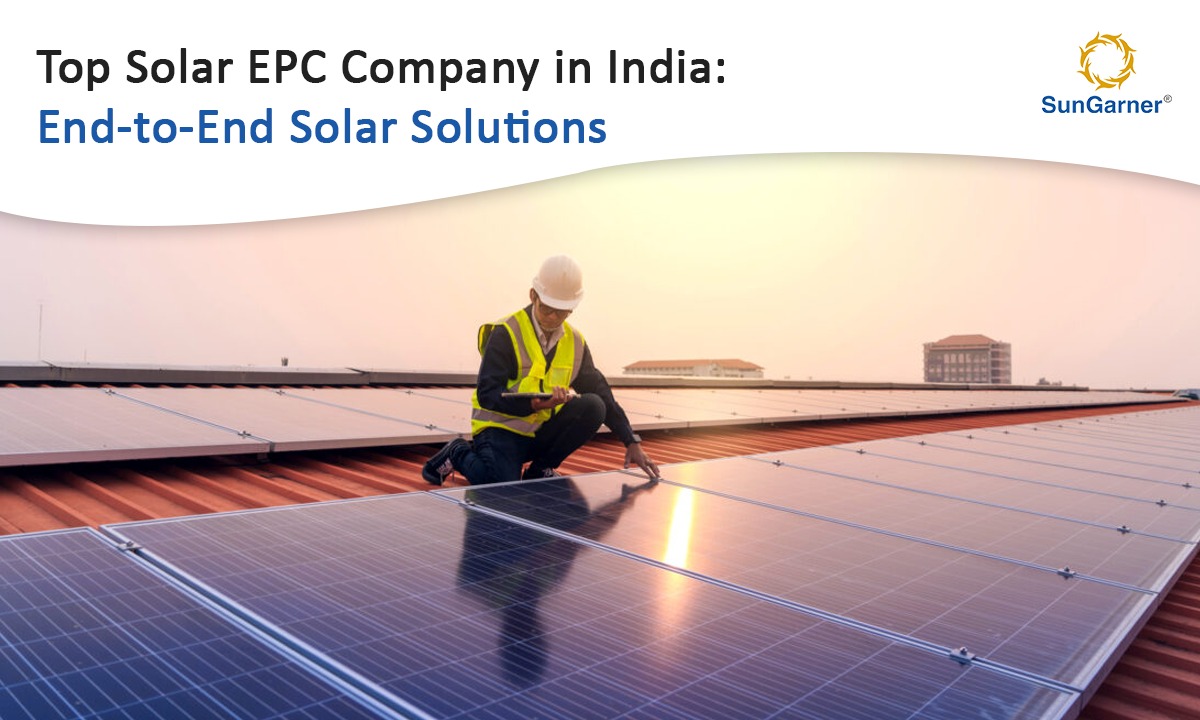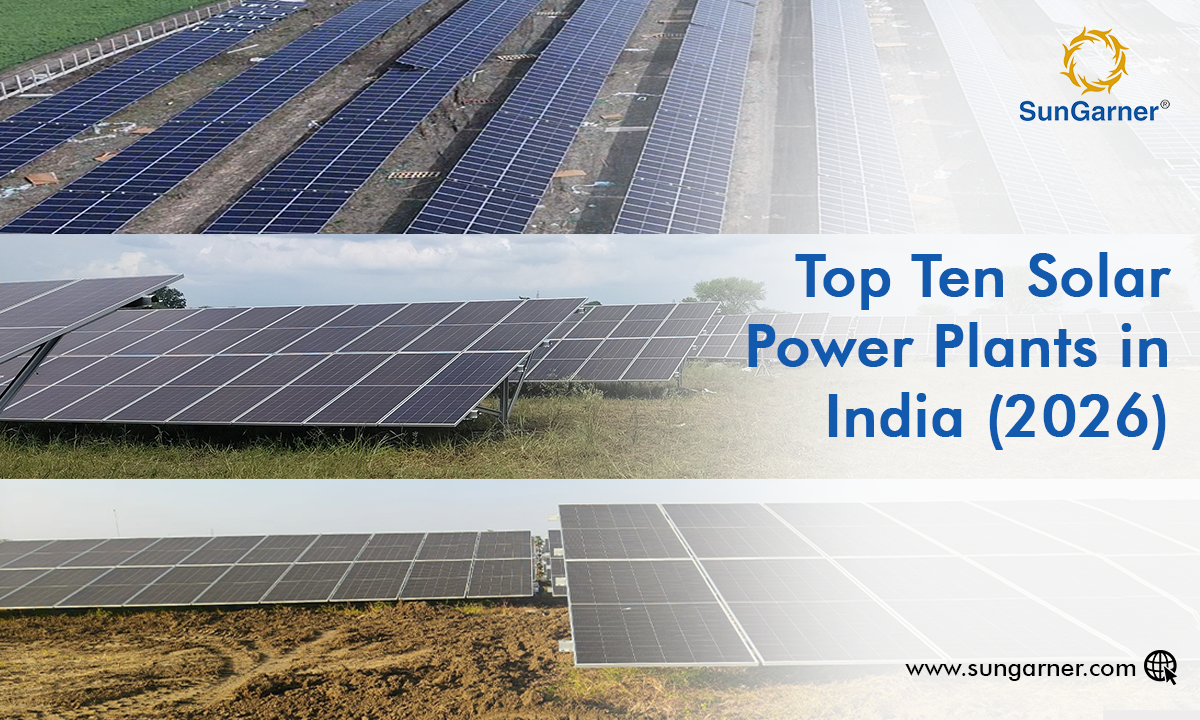On-Grid vs. Off-Grid vs. Hybrid: Which Solar System is Right for You?
In our quest for cleaner energy, solar power has emerged as a front-runner for homes and businesses alike. As the push for sustainable energy solutions grows stronger, it's essential to understand the differences between on-grid, off-grid, and hybrid solar systems.
In our quest for cleaner energy, solar power has emerged as a front-runner for homes and businesses alike. As the push for sustainable energy solutions grows stronger, it's essential to understand the differences between on-grid, off-grid, and hybrid solar systems. Each type has its unique features and benefits, and knowing which one suits your needs can make a significant difference. Let’s dive into these three options and help you find the perfect match!
What’s an On-Grid Solar System?
An on-grid solar system, often called a grid-tied system, connects directly to your local utility grid. This means you can generate your own electricity while still tapping into the grid when needed, allowing for a seamless two-way exchange of energy.
Benefits of On-Grid Systems
Cost-Effective: On-grid systems usually come with a lower price tag than off-grid systems because they don’t require costly battery storage. You can rely on the grid for extra power, which helps keep your costs down.
Net Metering: Many utility companies offer net metering, letting you sell any surplus electricity back to the grid. This can earn you credits on your electricity bill—who doesn’t love a little extra cash back?
Easy Maintenance: Since on-grid systems draw power from the grid, they generally need less maintenance, saving you time and hassle.
Who Should Consider It?
On-grid systems are perfect for urban dwellers where power demand is high, and grid access is reliable. They’re an excellent choice for homeowners and businesses looking to cut energy costs without sacrificing grid connectivity.
What About an Off-Grid Solar System?
Off-grid solar systems are entirely independent of the utility grid. They’re designed to generate, store, and use electricity all on their own—no outside help needed.
Benefits of Off-Grid Systems
Energy Independence: Off-grid systems offer complete freedom from the utility grid. They’re ideal for remote locations or areas where the grid is unreliable.
Sustainability: By relying solely on solar energy, off-grid systems play a big role in reducing your carbon footprint and embracing a more sustainable lifestyle.
Long-Term Savings: Although the initial setup might cost more, off-grid systems can save you money on electricity bills over time, especially if you live in a region with high utility rates.
Who Should Consider It?
If you have a cozy cabin in the woods or an RV for weekend getaways, an off-grid system is your best bet. They’re also great for places prone to power outages or where grid access is non-existent.
What is a Hybrid Solar System?
A hybrid solar system is a fantastic blend of both on-grid and off-grid features. With this setup, you can harness solar energy while having the option to store excess power in batteries for later use.
Benefits of Hybrid Systems
Flexibility: Hybrid systems give you the best of both worlds. You can use solar power directly, store it for later, or draw from the grid when needed.
Backup Power: In the event of grid outages, hybrid systems keep the lights on using stored energy, ensuring you always have power when you need it.
Optimized Energy Use: With smart energy management systems, hybrid setups can maximize energy use based on availability and demand, keeping your energy costs in check.
Who Should Consider It?
Hybrid systems are perfect for those looking for a balance between grid connectivity and energy independence. They shine in areas with frequent power outages or fluctuating electricity rates.
How to Choose the Right Solar System for You
When deciding between on-grid, off-grid, and hybrid systems, keep these factors in mind:
Energy Needs: Evaluate how much power you use daily. Can you get by with grid access, or do you need a more independent solution?
Location: Think about where you live. If you’re in a remote area with limited grid access, an off-grid or hybrid system might be your best option.
Budget: Factor in installation costs, potential savings on energy bills, and ongoing maintenance. On-grid systems typically have lower upfront costs.
Sustainability Goals: If reducing your carbon footprint is a top priority, an off-grid system may align more closely with your values.
Future Growth: Consider any changes in your energy needs down the line. A hybrid system could provide the flexibility you need as your consumption increases.
Conclusion
Choosing the right solar system—whether it’s on-grid, off-grid, or hybrid—comes down to your unique energy needs, location, and sustainability goals. Each option has its perks and ideal scenarios, so take the time to assess what’s best for you. At SunGarner, we’re here to help you find the perfect solar solution tailored to your specific requirements. Reach out today to discover which solar system fits your energy needs and kickstart your journey toward a sustainable future!







.jpeg)

